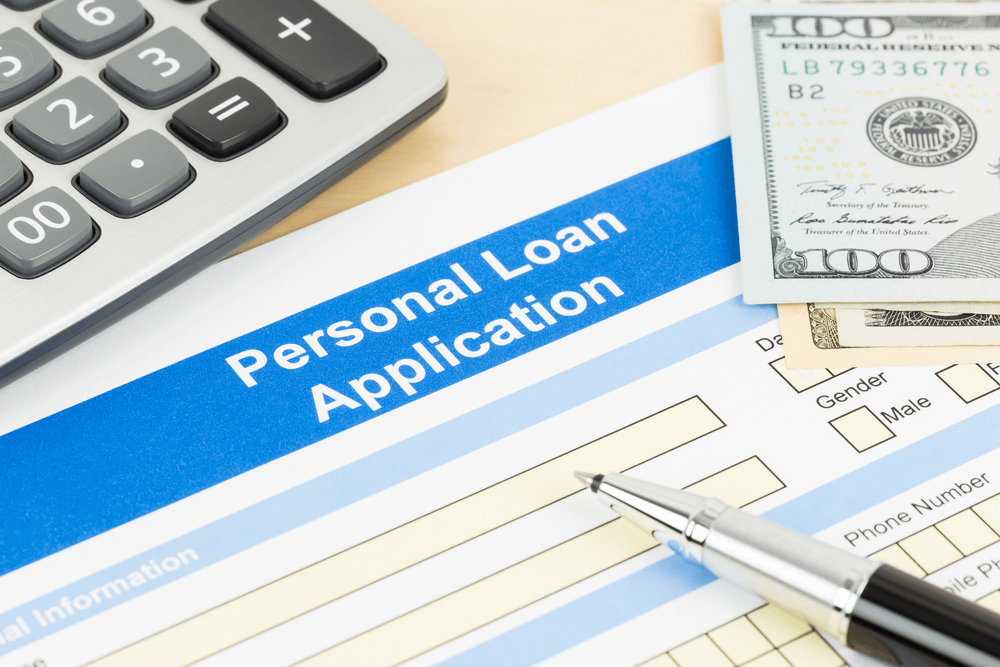Have you ever applied for a loan or credit card, only to get rejected? One of the common reasons is that you may have not matched the personal loan eligibility criteria of the bank or lender. This can be frustrating for anyone, especially if you’ve availed a loan or credit card in the past. The reality is that there are many factors involved in determining a potential borrower’s personal loan eligibility, each having a different weightage on your loan eligibility.
In this article, we’ll go over what personal loan eligibility comprises of, and why it’s important.
Personal Loan Eligibility
In order to apply for a personal loan, you need to meet the lender’s personal loan eligibility criteria. Basically, the Personal Loan Eligibility criteria is a set of parameters that determine whether a borrower can qualify for a loan from a particular lender. Each lender has their own set of loan eligibility criteria, depending on the customer profile they cater to.
While looking for a personal loan, you can always check the lender’s website for more information, where they provide information on their eligibility criteria. If you apply for a loan and without knowing their eligibility criteria, your loan application can get automatically rejected as you may have not met all the basic qualifications. Here are some examples of personal loan eligibility:
- Age
- Monthly Income
- Employment type (salaried or self-employed)
- CIBIL score
- Location
How to Improve Personal Loan Eligibility
Even if you seem to meet all the personal loan eligibility criteria for a lender, there is still a chance that your loan can get rejected. Follow our tips below to ensure you have the highest chance possible to get your loan application approved.
- Avoid having too much existing debt: If you’re applying for a personal loan and are struggling with too many EMIs, loans, and credit card debts, you’ll have a higher chance of getting rejected. This is because lenders will perceive you to already have too many financial burdens in order to take on another one, and you are likely to have a higher chance of defaulting. Even if you don’t have any or a lot of debt, be responsible with your finances and try not to spend beyond your means.
- Work on improving your CIBIL score: An individual’s credit score, or CIBIL score, has a very significant impact on determining one’s personal loan eligibility. Just like grades on a report card, your credit score is essentially a numerical score that is derived from your credit history. Details such as the amount of credit availed and the borrower’s repayment habits are all recorded in one’s credit history.
CIBIL is measured on a scale of 0-900, with 750+ being excellent, 600-749 being good, and 550- 649 being fair. Anything less than 550 is a poor CIBIL score. The higher the CIBIL score, the better. Borrowers with scores that are good have a better chance of getting their loan approved, and those with excellent scores have leverage in getting low-interest rates and eligibility for higher loan amounts.
With CIBIL being such an important factor in determining personal loan eligibility, knowing what your CIBIL score is can help you to understand whether you need to improve it. You can increase your CIBIL score by spending small amounts on your credit card and consistently repaying it back on time for 3-6 months in order to improve your credit score.
- Provide true and authentic details: Sometimes, borrowers lie about their income, employment, or other personal details on their loan application in an attempt to get their loan approved. Others may try to falsify documents to furnish with their application. Never, ever attempt this for two reasons- the first being that lenders are able to detect Photoshopped/fake documents, and they are also able to verify other personal details. Secondly, providing false information is a crime and punishable by law.
Therefore, even a small fib about your personal details (be in identity, address, or income) will result in being blacklisted by lenders, and can even land you in prison! Be honest with your lender when providing the requested details in your application. If you’re worried that you will be rejected due to income or CIBIL score, do thorough research; there are many lenders out there who would be willing to provide loans based on your profile.
- Stable employment: As a salaried individual, being employed with a particular organization for least 1.5 to 2 years demonstrates to a lender that you have a stable source of income and are less likely to default on a loan. If your employment history shows that you’ve been job-hopping with barely 6 months at an organization, lenders might be more wary of approving your loan application. If you don’t have many years of work experience, try to complete at least one year with your current organization.
- Increase your income: While lenders are providing loans to those earning as low as Rs. 15,000 in hand every month, some people earn less than even this much. The cost of living is high especially in metro cities, and one needs to have the basic financial capacity to repay both living expenses, much less a potential loan availed. For those who earn less than a net salary of Rs. 15,000 will struggle harder to find lenders that will approve their loan application request. Do you best to increase your income to at least Rs.15,000 every month in hand as this is usually the lowest salary that most lenders will cater to?
Conclusion
One of the main ways to improve your personal loan eligibility is to ensure you are responsible with your finances and have a CIBIL score in the 700+ range. Even if you urgently require financial assistance, be sure to check your personal loan eligibility before you apply.
